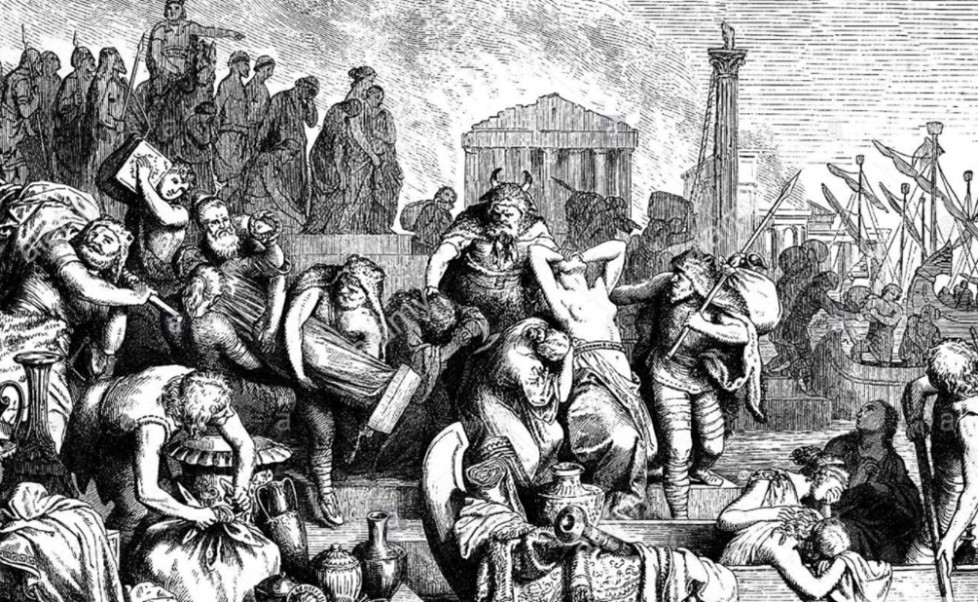
Shocking as last week’s events in Washington D.C. were, it has all been seen and said before. WB Yeats’ lines from a century ago read like a dispatch from the steps of the US Capitol:
Things fall apart: the centre cannot hold;
Mere anarchy is loosed upon the world,
The blood-dimmed tide is loosed, and everywhere
The ceremony of innocence is drowned;
The best lack all conviction, while the worst
Are full of passionate intensity
WB Yeats
Even an ‘innocent ceremony’ – the certification of the Electoral College results that in most years is a procedural non-event.
Yeats powerfully captured the two dynamics that repeatedly enable demagogues like Trump: the emptying of society’s middle ground and that: ‘all that is required for the triumph of evil is for good men to do nothing.’
The latter is the troubling dynamic of tacit complicity. Psychologists talk of the ‘bystander’ effect in which most human beings – us? – avoid taking responsibility for problems in the hope that others will step up. So dangerous is this instinct at large scale that JFK used unusually strong language to condemn it: ‘The hottest places in hell are reserved for those who, in times of great moral crisis, maintain their neutrality.’
But what if our norms make us all complicit?


The violence Trump incited last week is just one aspect of a daunting set of inter-related social and environmental problems that continue to mount in plain sight. Political chaos in the US arises from the same desertion of the middle ground and erosion of civic spirit that also thwarts efforts to address social and environmental problems of increasing scale. That such problems mount – and stubbornly defy our efforts to resolve – is because we are all effectively complicit in their propagation, in turn because our current norms, narratives and social structures make it almost impossible not to be complicit.
What connects Trump’s demagoguery with environmental and social problems is that both flow from the contemporary neglect of ‘public’ in favour of ‘private’. Societies have always grappled with the innate tension between public and private, but history shows that when cultures privilege private too much, tyrants emerge and public problems accumulate beyond the capacity of private to fix.
Today’s lurch to private has been rationalized by the ‘modern’ belief that markets ‘have it all covered’ and, hence, all the public we need is ‘minimal government’ to uphold property rights. Public is simply the sum of all private, we told ourselves, and markets can do the adding up for us to create the best of all possible worlds. The mantra of our times: ‘markets are the solution/government is the problem’.
Hence, we have felt it safe to encourage the pursuit of self-interest at large scale – as ‘consumers’, not ‘citizens’ and also, in super-sized form, as corporations duty-bound to maximize profit.
Alas, markets are failing much more than their advocates had promised. Markets seem not to add everything up, but rather to leave a growing mass of social and environmental problems in their wake. ‘Markets are the solution’ has been false advertising.
Yet, ‘government is the problem’ has proved a self-fulfilling prophecy. Persistent discrediting of government has driven the best of society into the silos of private business and a vacuum has slowly formed in the public square into which ambitious men have been emboldened to venture. Tyrants emerge when everyone is lulled into thinking it is safe simply to ‘mind their own business’.
At the same time, the ‘anti-public’ narrative leaves society increasingly forced to address mounting ‘public goods’ problems from within the private structures that have been favoured, but which may be no match for the scale and severity of those problems.
But none of this is new. It has all happened before….
Full article here in PDF: Trump Happens When Cultures Believe Private Can Cover for Public
Leave a Reply